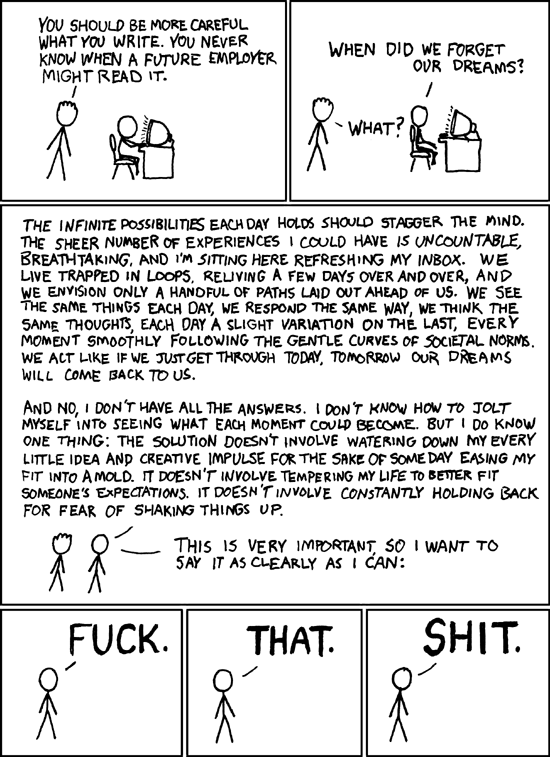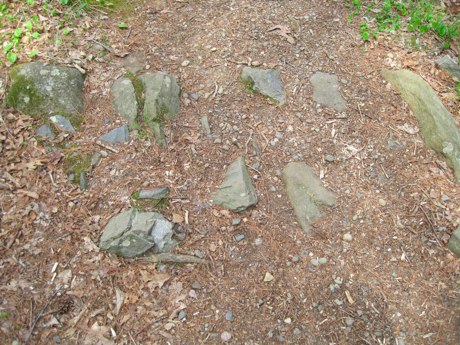So the other night I was hanging out with my friend Hoy as he stayed up late fighting a really evil Comp-Sci assignment.
I have this pet theory that everybody has a poetic form that fits them better than others.
A while ago I decided that Hoy was best suited to the Anglo-Saxon alliterative epic form. The form focuses on lines divided with by a caesura (a beat pause – that’s what’s indicated by those sets of vertical lines), with two stressed syllables on either side of it, and a strong emphasis on alliterative words. It has no set meter and no call for rhyme, setting it apart from most other forms of Western poetry.
Also unlike many forms of Western poetry, you can’t do just anything with it. Like dactylic hexameter, it’s an innately epic form. It’s a form for the oral tradition, designed to keep your warriors from brawling too much in the meadhall during the long, dark Anglo-Saxon winter nights. Which meant I couldn’t make Hoy a poem in the style I had chosen until I watched him do something epic – like bravely battle code dragons into the wee hours of the morning.
If you speak Anglo-Saxon (or if you don’t, or if you know somebody who does, or if you can find a recording) you can find good examples of this all over: Beowulf, of course, but also the Dream of The Rood, which is a particular favorite of mine.
And it’s actually a little tricky to accomplish in Modern English, and so it is with great pride that I present to you my very very first Modern English Stressed-Alliterative Epic-Style Poem.*, **
***
Deep was the darkness || without the window,
high in the home-place, || lamp light yet burned.
How fought the hero, || creating, computing,
long into lateness, || trying the task.
Handsome Hoy Loper! || Fights he the figments,
code lines and cunning || the weapons he wields.
How high his hopes were, || baited his breathing,
as his fleet fingers || readied the run.
Dark his despairing! || Fallen his face was,
twisted the code text, || line upon line.
Massed on the monitor || mind numbing numbers,
senseless and silent || by bit and by byte.
Cried he “Crap! Crap! Crap!” || stymied and sullen,
full of frustration, || restless and wroth.
Pensive his pacing || ’round the small room-home,
dark his demeanor, || made he sad sounds.
Code in Crayola-bright colors, || slow scrolling
shows on his screen, || continuous, cold.
How shall he triumph, || terrific, tempestuous,
over this onslaught || of stress-making stuff?
Dread dawn approaching || brightness and birdsong,
on hacks the hero, || disgusted, dismayed.
Shall there be sleeping || or drear deprivation?
Vanquish or victory, || slumber or strife?
Deep is the darkness || on hacks Hoy Loper,
till Comp-Sci completed || he righteous shall rest.
* Thanks to my friends Marshall and Vlad for helping me come up with accurate tech-speak. I may have a good grasp of A.S. poetry, but C++ is totally beyond me.
** Who spotted the kennings? Anybody? Anybody? Gosh I’m authentic!***
***For definitions of “authentic” equal to “a huge, huge geek”













